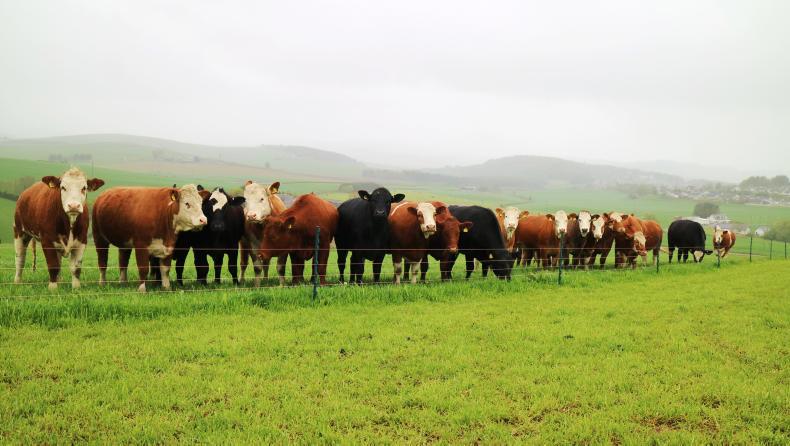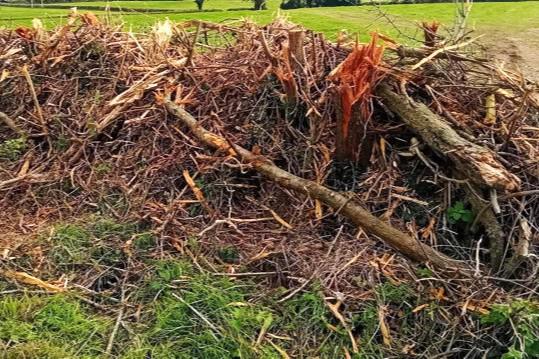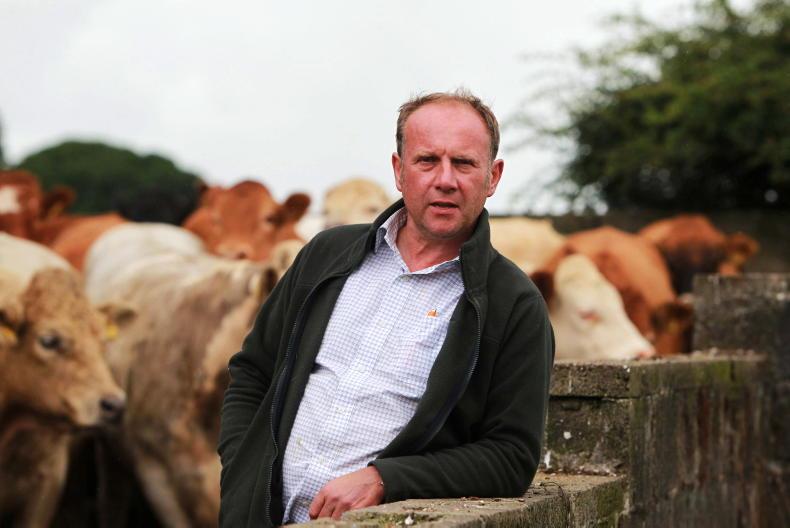Biodiversity, soil health and climate change need to be treated with equal importance, according to a global assessment of nature report produced by the Intergovernmental Science-Policy Platform on Biodiversity and Ecosystem Services (IPBES).
Alongside biodiversity and climate change concerns, the report puts soil degradation on an equal footing.
It estimates that the productivity of 23% of the global land surface has been reduced as a result of damage to soils, mainly caused by deforestation and continuous cropping.
However, the soil is an important carbon sink, holding three times as much as the atmosphere.
Damaging it leads to this carbon being lost, contributing to climate change.
Yet, one of the main reasons why soils are healthy in Scotland is because of the organic matter that is applied to land.
Much of this comes from livestock, but at the same time we are being told to eat less red meat and dairy because of the contribution animal agriculture makes to climate change.
Last week, a UK government advisory committee on climate change recommended that greenhouse gas emissions are cut to net zero by 2050.
With agriculture accounting for 10% of UK emissions, there followed the inevitable calls for consumers to eat less meat and dairy.
So what are we going to consume instead? More fruit and vegetables flown in from around the world? And if we follow that path, what about the health of the soil?









SHARING OPTIONS